The action plan for Portugal's digital strategy
January 14, 2026
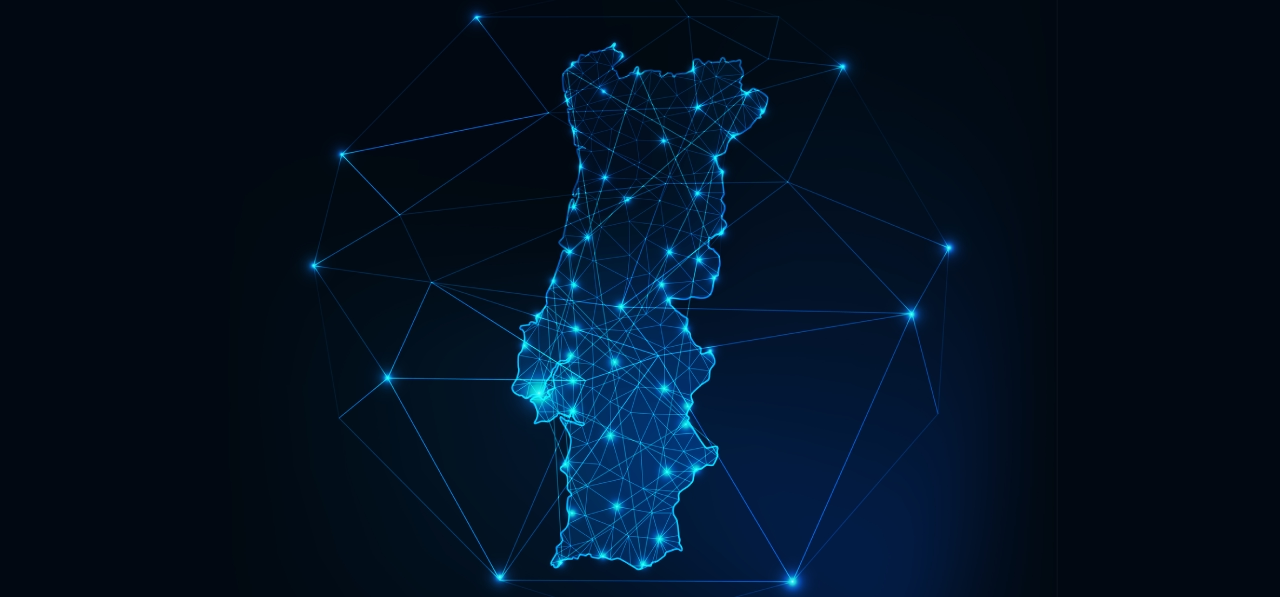
The digital age is not just an option but an inescapable reality, redefining societies, economies, and governments. Recognizing this, Portugal has reinforced its commitment to digital transformation, culminating in the approval of Council of Ministers Rule #214/2025 on December 29, 2025. This legal instrument is far more than a bureaucratic formality; it is the cornerstone of a future where technology serves as a catalyst for progress and well-being. Through this Resolution, Portugal has approved the 2026-2027 Action Plan of its National Digital Strategy (EDN – Estratégia Digital Nacional), as reported by the news outlet Sapo.pt. This plan is an ambitious yet pragmatic roadmap designed to achieve significant goals by 2030, with one clear objective: to position the country among Europe's leaders in digital transformation. The goal is to promote a transition that is not only technologically advanced but also deeply inclusive, sustainable, and ethical.
SEE MORE
The Railway Statute in Brazil
January 05, 2026

The Brazilian railway sector, historically challenged by inadequate infrastructure, bureaucratic hurdles, and an overreliance on road freight transport, has long needed a regulatory framework to unlock its true potential. Statute #14,273 of December 23, 2021, governing rail transport, represents a watershed moment. Known as the “New Railway Statute,” it emerged from extensive debate in the National Congress with a promise to modernize the sector's legal foundations, attract substantial private investment, and spur the development and expansion of the national rail network.
SEE MORE
The European Commission's adequacy decision for Brazil
January 02, 2026
.avif)
The protection of personal data has become a central issue in the global legal and technological landscape. With the increasing digitalization of the economy and the cross-border flow of data, harmonizing legislation and recognizing equivalent levels of data protection between countries are fundamental steps to ensure legal certainty and the smooth operation of international commerce. The European Union's recent decision to recognize Brazil as a country with a level of personal data protection “essentially equivalent” to its own represents a significant milestone in this regard.
SEE MORE
Regulation of artificial intelligence in law
November 26, 2025
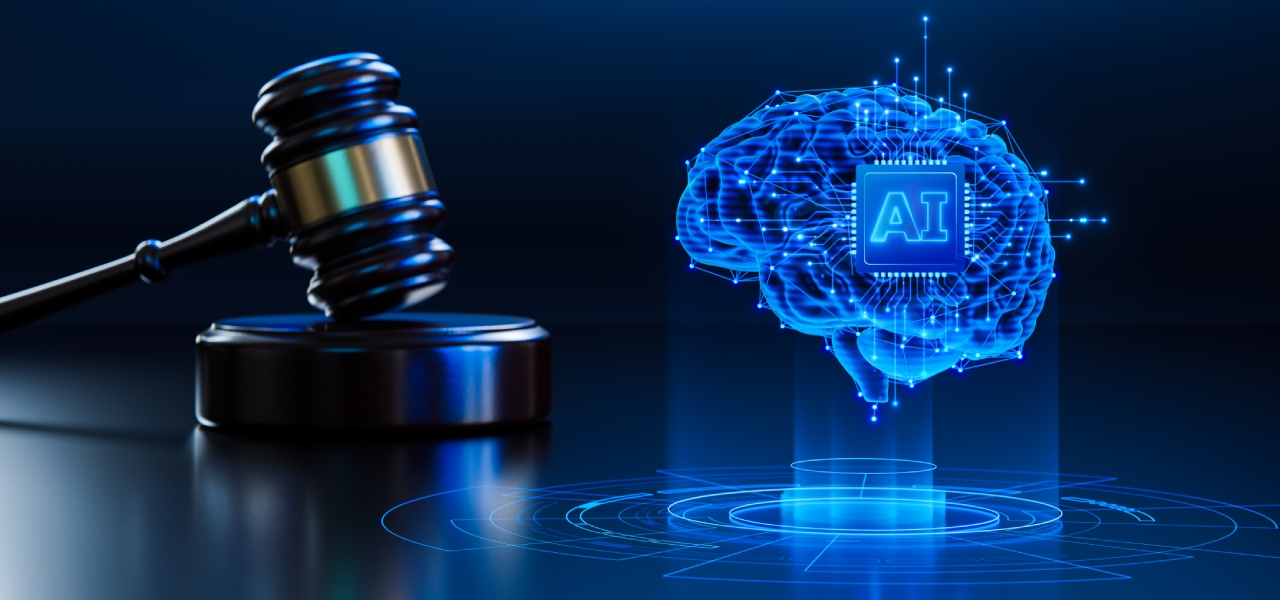
Artificial intelligence (AI) represents one of the most profound technological revolutions in recent history, with the potential to redefine society, the economy, and human interactions. Its ability to process large volumes of data, identify complex patterns, and perform tasks once exclusive to the human mind has generated transformative impacts across multiple sectors. From medicine, with more accurate diagnoses, to industry, with process optimization, AI is reshaping the way we live and work. At the epicenter of this transformation, the legal sector stands out as a particularly fertile ground for AI applications and, consequently, for AI regulation.
SEE MORE
European Union decision reignites debate over illegal content on social media
October 28, 2025
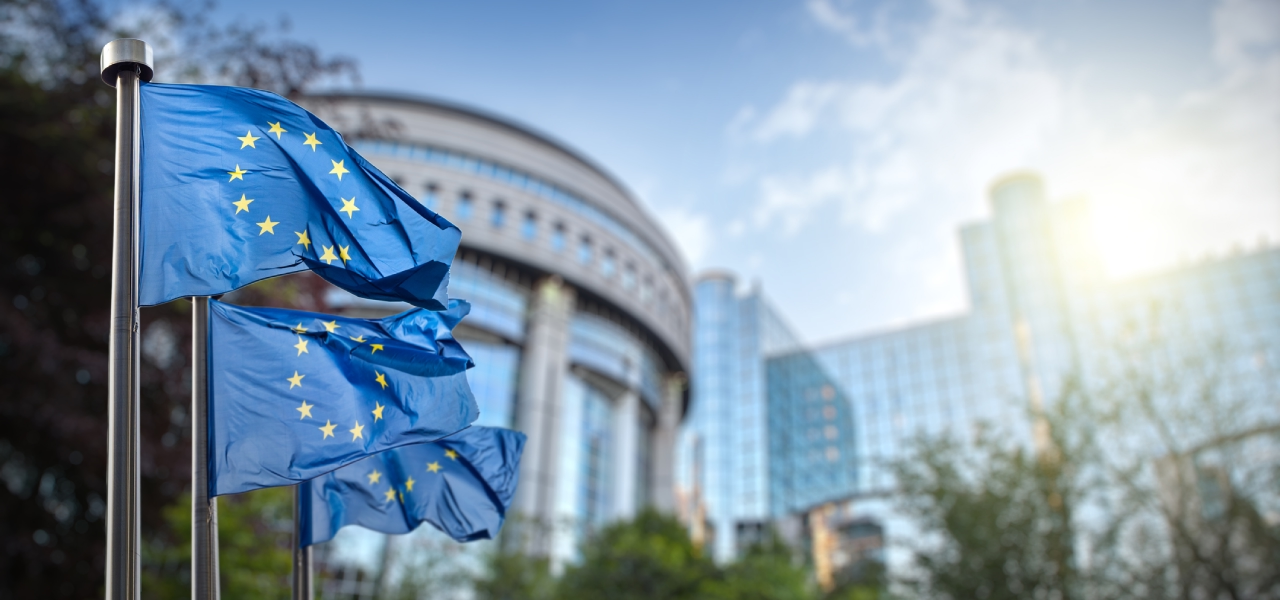
Last Friday, October 24, The Guardian published an article alleging that Meta Platforms Inc. had violated European Union (EU) law. The story was significant not only because it involved one of the world's largest companies, which controls giants like Facebook, Instagram, and WhatsApp, but also because it reignited the debate over social networks' responsibility to control illegal content on their platforms.
SEE MORE
New regulations for clinical research in Brazil
October 15, 2025

Clinical research is the backbone of medical and scientific progress. It supports the development of new treatments, medicines, and devices that save and improve lives. Science advances through rigorous studies, offering hope and solutions for countless health conditions.
SEE MORE
What about the FCPA?
October 13, 2025
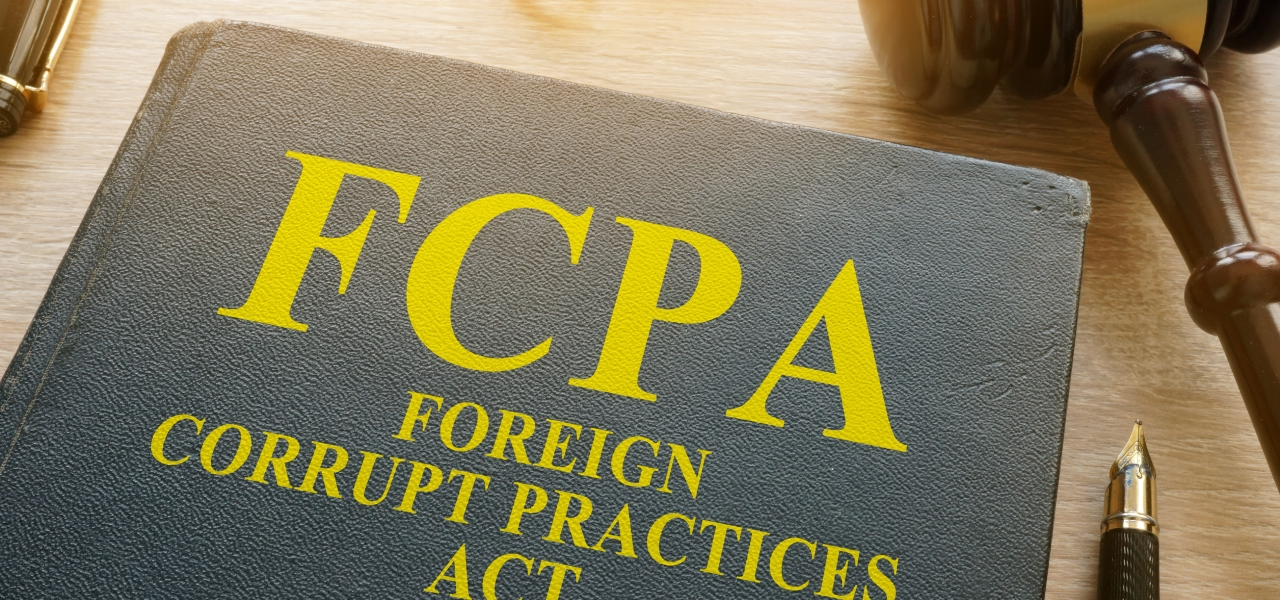
The Foreign Corrupt Practices Act (FCPA) of the United States was a legislative milestone in the global fight against corruption. Since its enactment, this law has been a powerful tool for promoting business ethics and ensuring transparency in international operations. It has also served as an inspiration for local regulations in other countries, which seek to purge the ills of corruption – a problem that plagues nations equally, regardless of their level of development or size.
SEE MORE
MENAC and the dismantling of corruption in Portugal
September 29, 2025
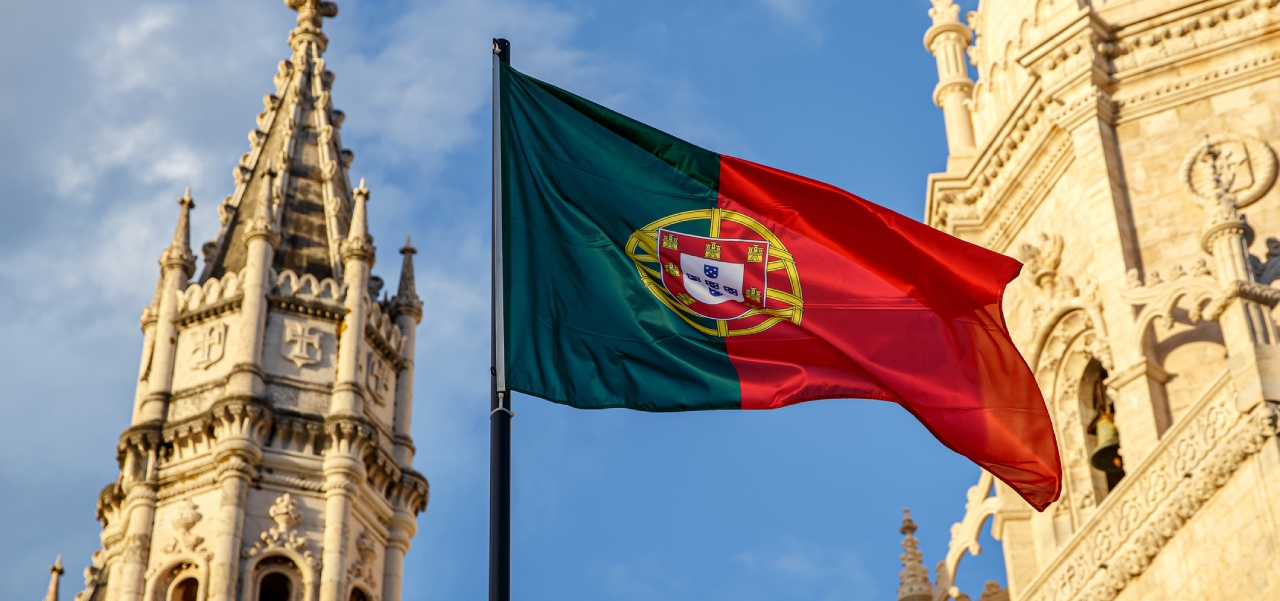
In Portugal, the fight against corruption has become a growing concern and a fundamental pillar for consolidating trust in democratic institutions, significantly contributing to a more transparent and fair business environment. Corruption, in its various forms, erodes society, diverts public resources essential for development, and damages the country's international reputation. Aware of these challenges, Portugal has sought to strengthen its legal and institutional framework to prevent, identify, and effectively suppress this scourge.
SEE MORE
New CGU regulations for compliance programs in public tendering
September 24, 2025
.avif)
The public tendering landscape in Brazil has long been a subject of debate concerning efficiency and transparency, as well as, unfortunately, the persistence of corrupt practices. The relentless pursuit of a more honest, competitive, and ethical environment has culminated in a significant regulatory shift in recent years, driven by Law #14,133/2021, the New Tendering and Administrative Contracts Act. This legislation, which replaced the previous Law #8,666/93, Law #10,520/2002, and Law #12,462/2011, introduced a series of innovations. A key innovation is the formal requirement and incentive for the implementation and maintenance of integrity and compliance programs by companies wishing to contract with the federal government.
SEE MORE
Regulation of artificial intelligence in Brazil and worldwide
September 17, 2025
.jpg)
Regulations on Artificial Intelligence (AI) are developing rapidly around the world, reflecting growing concerns about the technology's ethical, social, economic, and security impacts. Different regions have adopted distinct approaches, influenced by their cultural, political, and economic priorities, in an effort to balance innovation with public protection.
SEE MORE

